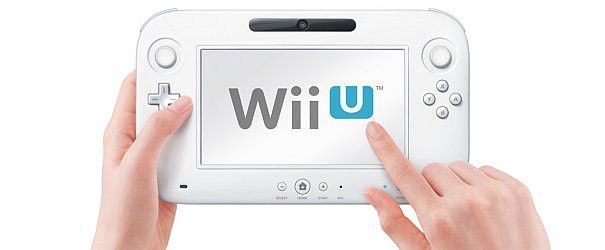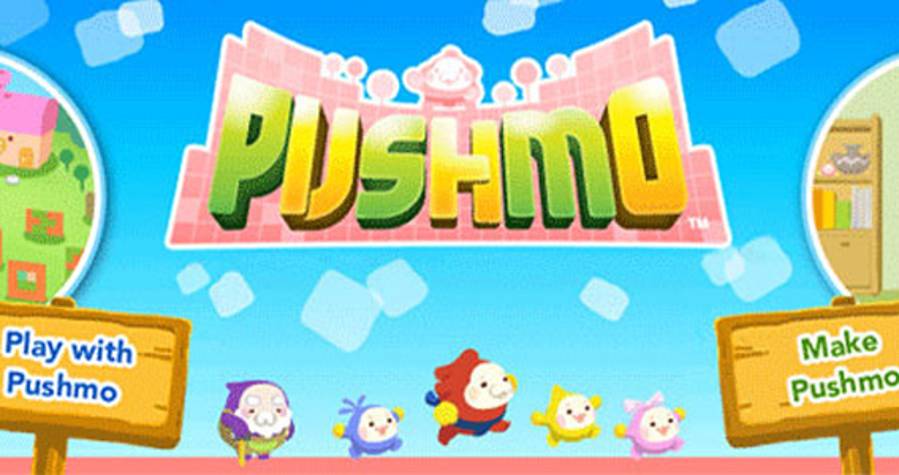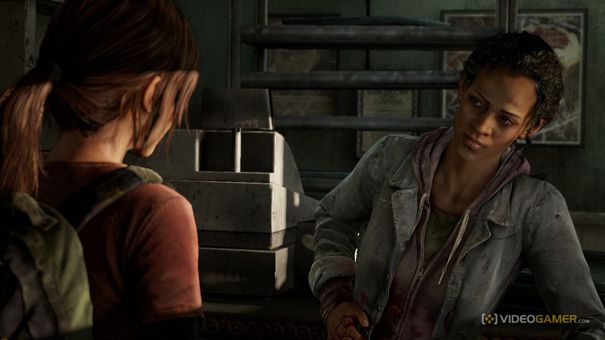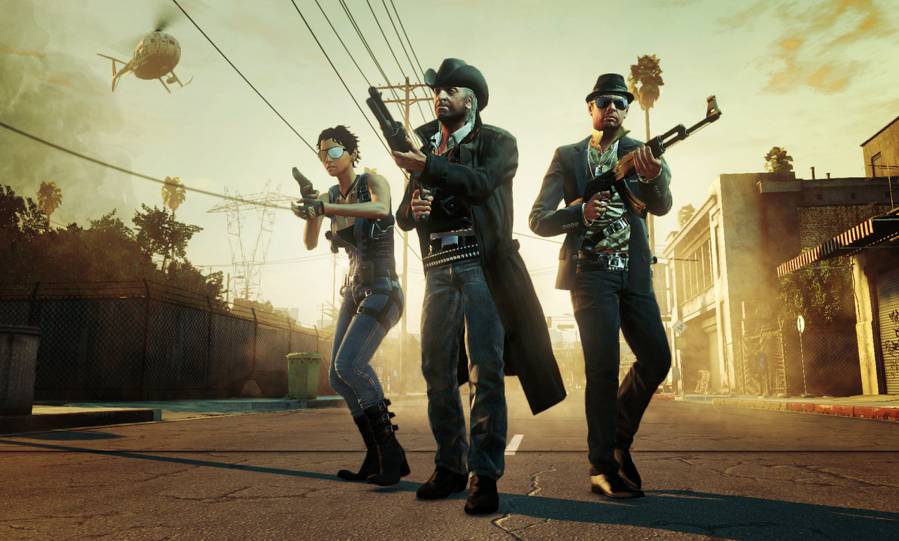

The most important two words at the Microsoft E3 conference was when Don Mattrick muttered something quietly about a "Smart TV". It sounds so innocuous on its own, but for gaming's first-party publishers it could herald some of the biggest changes we've seen in ages.
We've all known about it for yonks, of course, but nothing has made the current trends and desires of all the first-party publishers so apparent as this year's E3. Microsoft, Sony and Nintendo are all trying their hand at same thing: building consistent, connected online worlds that exist across multiple devices. Like it or lump it, this dream of service-based persistence seems to be the next gold rush for the platform holders, and gaming hardware as we've come to understand and define over the last two decades is about to get caught up in it.
Microsoft illustrates it best - the buzzword now is Xbox, not Xbox 360. That's obviously to make room for a transition to new hardware, but it's indicative of a far greater shift - Microsoft now wants the term Xbox to represent a suite of entertainment services across multiple platforms. Music, videos, applications, TV, games: Microsoft wants the whole kaboodle. The 360, and whatever comes next, represents a set-top gateway to this myriad content rather than the sole dispensary of it.
Sony has draped E3's home, the LA Convention Centre, with a massive poster containing the words "NEVER STOP PLAYING". Welcome to Sony's mantra for the next year, with its dream of replacing the iPad with the PS Vita clearer than ever, albeit suffering due to a paltry range of Vita software and far less intention to currently accept Apple's ubiquitous devices than rival Microsoft. But the PlayStation Suite, now PlayStation Mobile, shows a publisher looking to embed the PlayStation brand within the heart of Android smartphones and tablets.

And Nintendo, of course, is yet to properly reveal the Wii U at time of writing. But we already know what it's aiming for - that chunky toy-like version of an iPad tablet aims to keep Nintendo in the living room but away from the television. The Wii U and the Wii U GamePad are closely linked, but it's perhaps Nintendo's new focus on a connected experience, hoping to leverage the Miiverse as the glue between the Wii U, its Wii U GamePad tablet and the 3DS.
All three first-party publishers, then, clearly have the same goal in mind - and they're all desperately trying to reach it before Apple makes good on their rumours of a Smart TV. Make no mistake, all this is going to affect the way our traditional games are developed and designed, and we've already seen publishers like EA make it very clear that it's not really interested in games that don't spread over multiple different connected platforms and feature content solutions that are ripe for DLC additions. Even Far Cry 3 has a co-op mode.
This brings us back to the idea of games as always-on services, and my feel of E3 2012 is that this concept is going to power the next generation of games far more than some fancier graphics and whizzier horsepower. The new hardware, expected to launch next year, will now only play a component part in this connected vision of the future of entertainment services.
A scary thought, perhaps, but if you ask me it's also an exciting one.



